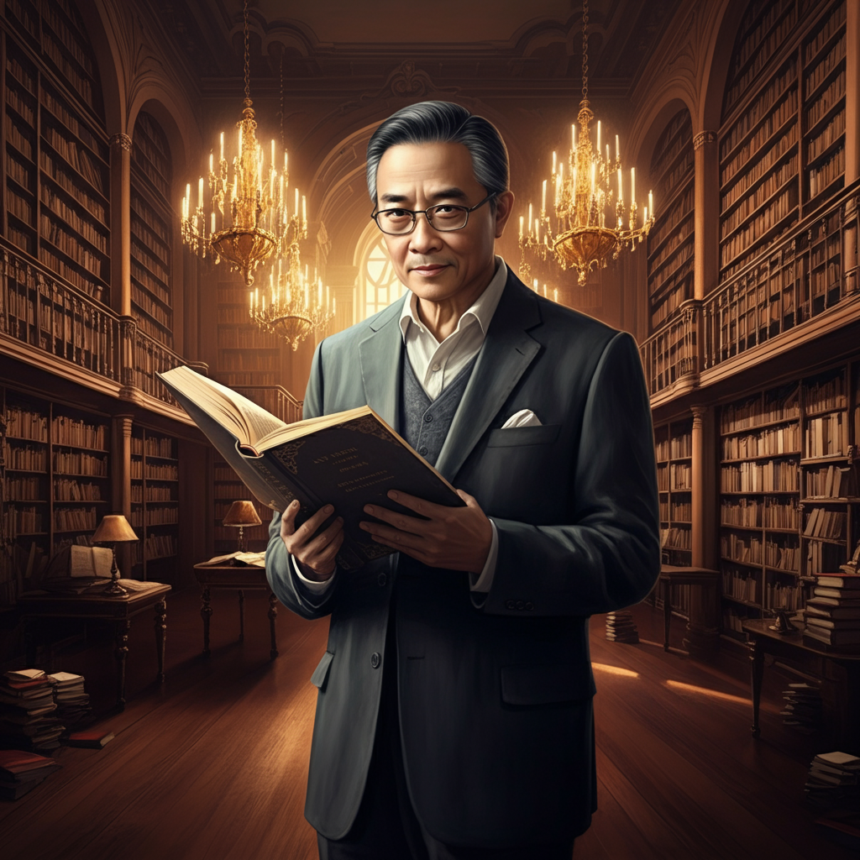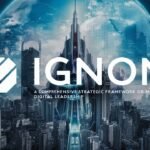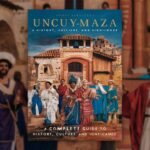The field of education is continually shaped by thinkers who challenge norms and foster growth. Among these luminaries, Andy Mila Shuang, a scholar whose contributions have left an indelible mark, stands out. From groundbreaking theories to practical methodologies, Shuang’s work has redefined educational practices on a global scale. This blog will explore their background, contributions, methodologies, and enduring legacy in the field of education.
If you’re a student, educator, or simply passionate about learning, this exploration of Andy Mila Shuang’s scholarship will leave you inspired and informed.
Who is Andy Mila Shuang?
Andy Mila Shuang is an esteemed scholar celebrated for their innovative approaches to education and pedagogy. Their works span diverse disciplines, focusing on developing inclusive, practical solutions to complex educational challenges. Shuang’s pioneering ideas have not only shaped academic discourse but have also influenced the implementation of teaching strategies worldwide, ensuring they translate into practical, real-world impact.
Shuang’s Journey: Background and Early Achievements
Every great scholar has a defining origin story, and Andy Mila Shuang is no exception. Born into a family deeply rooted in academics, their formative years were marked by an insatiable curiosity for learning.
Early Education and Academic Foundations
Shuang pursued their undergraduate studies in educational theory, laying the groundwork for the innovative thinking that would define their career. During their early academic trajectory, Shuang’s research was already gaining attention, which culminated in scholarships and opportunities to study at prestigious institutions.
Notable Early Achievements
By the time Shuang completed their doctorate, the academic world was already taking note. Their early research focused on designing inclusive teaching frameworks—a domain that had previously received minimal attention. Publications during this time established Shuang as a forward-thinker, earning accolades and cementing their place in education-focused research.
Contributions to Education and Research
Andy Mila Shuang’s role as a scholar is characterized by their emphasis on innovation, inclusivity, and longevity in education. Their significant contributions include:
1. Inclusive Education Frameworks
Shuang’s landmark research introduced frameworks that enabled educators to adapt their teaching methodologies to cater to diverse learners. By acknowledging factors like cultural differences, disabilities, and economic barriers, Shuang’s work emphasized the need for equity in learning systems.
2. Technology in Education
Foreseeing the increasing reliance on technology in classrooms, Shuang developed strategies to integrate digital tools into teaching. From e-learning platforms to data-based performance evaluation systems, their research provided educators with the tools to harness technology effectively.
3. Focus on Lifelong Learning
Shuang also championed the idea of lifelong learning long before it became a buzzword. Through their work with adult education programs, they advocated for accessible education at every stage of life, encouraging individuals to keep developing their skills and exploring their potential.
The Scholar’s Theories and Methodologies
Innovation was a hallmark of Andy Mila Shuang’s methodologies. Their theories continually pushed boundaries, integrating global perspectives into local educational frameworks.
Dynamic Learning Ecosystems
One of Shuang’s core methodologies was the idea of dynamic learning ecosystems. They argued that education should be an interactive, evolving process involving students, educators, communities, and even technology as a cohesive unit.
By implementing this ecosystem approach, schools and institutions witnessed better engagement, improved results, and enhanced collaboration among stakeholders.
“Meta-Learning” Approach
Another groundbreaking concept was Shuang’s philosophy of meta-learning—learning about learning itself. They posited that students, educators, and researchers could all improve their processes significantly by understanding how they learn best. This approach emphasized critical thinking, self-reflection, and adaptability.
Data-Driven Decision-Making
Long before the data culture took over, Shuang was pioneering ways to leverage analytics in education. They highlighted how data could be ethically harnessed to identify gaps, evaluate teaching effectiveness, and ensure measurable outcomes in the education sector.
Impact on Current Educational Practices
Shuang’s contributions have directly influenced how modern educational institutions function. From classroom settings to educational policies at a national level, their influence is far-reaching.
- Policy Formation: Governments worldwide have adopted aspects of Shuang’s inclusivity frameworks within public education systems.
- Teacher Training Programs: Many educators are trained using Shuang’s methodologies, ensuring the longevity and relevance of their theories.
- Technology Integration: E-learning and AI-driven personalized education tools reflect Shuang’s forward-thinking approaches.
A Legacy Beyond Academia
Andy Mila Shuang’s impact goes beyond papers and programs—they inspired countless individuals to pursue excellence in education.
Aside from their academic contributions, Shuang was deeply invested in community-based learning initiatives. They believed education isn’t confined to classrooms but thrives within communities. These outreach programs have empowered marginalized populations, demonstrating the real-world applications of their research.
Shuang also mentored hundreds of students globally, many of whom have emerged as changemakers in their own right. Their legacy of nurturing talent ensures their ideas will thrive for generations.
Honoring the Legacy of Andy Mila Shuang
Andy Mila Shuang’s work in education demonstrates the power of ideas rooted in compassion, innovation, and practicality. Their life’s work continues to be a beacon for those striving to create an equitable, impactful, and sustainable educational environment.
Whether you’re a budding educator, a policymaker, or someone out to make a difference, there’s much to learn and adopt from Shuang’s teachings. Take the first step toward understanding how theories like dynamic ecosystems or meta-learning can shape the future of education.







